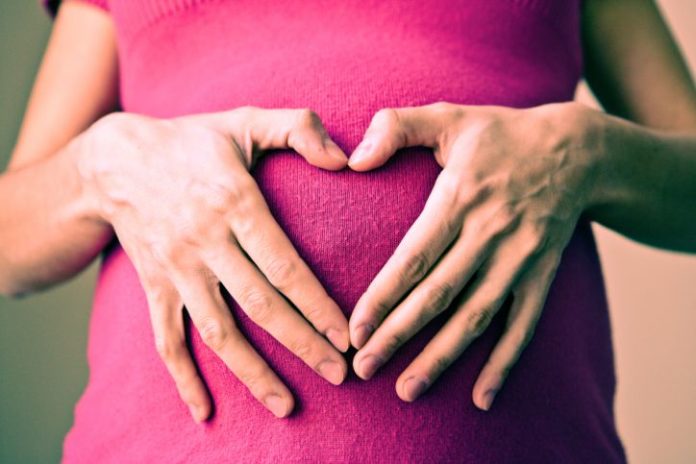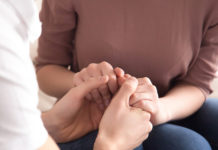A woman who received an extra round of IVF treatment because she donated eggs for medical research has given birth to twins.
Stella Murdy, 34, from Great Park, Gosforth, went through a rollercoaster of emotions as she struggled to get pregnant with her husband Phil. Her first round of treatment at the Newcastle Fertility Centre at Life, Newcastle, didn’t result in a pregnancy. During the second round she decided to donate eggs to research as part of a programme. Unfortunately her second and third cycles were also unsuccessful.
Usually that would be the end of the three rounds of free treatment on the NHS. But because Stella had made the donation to researchers at Newcastle University she was granted another free round and this time her twins, Charlie and Hannah, now nine months old, were conceived.
Stella said: “It was a really tough time going through all those cycles of IVF with hopes raised and then dashed. I was told during my second try that I could donate some of my eggs and it wouldn’t lessen the chances of the IVF working.
“I decided to do that to help research and it was a bonus that I got another IVF cycle.
“It was amazing when after the fourth cycle they told me I was pregnant. It didn’t feel real until I brought the twins home. They are my miracle babies.
“I would say to any woman who can, that donating eggs will give your chances of having successful IVF on the NHS a boost. It’s great to know that not only have I got a family but my eggs are being used to help more mothers have healthy babies in the future.”
Professor Alison Murdoch, Professor of Reproductive Medicine at Newcastle University and Head of Newcastle Fertility Centre at Life said: “It is great news that Stella has managed to have the family that she has always wanted. Many women have expressed an interest in helping donate eggs because they have family or friends who have been affected by these problems or because they are interested in helping our research. But we always need more people to come forward.
“After receiving counselling these women are able to donate eggs altruistically – and these donations will be vital in providing a source of eggs for the researchers to be able to take forward their work towards eliminating currently incurable diseases such as mitochondrial diseases.”
(Source: Newcastle University)











